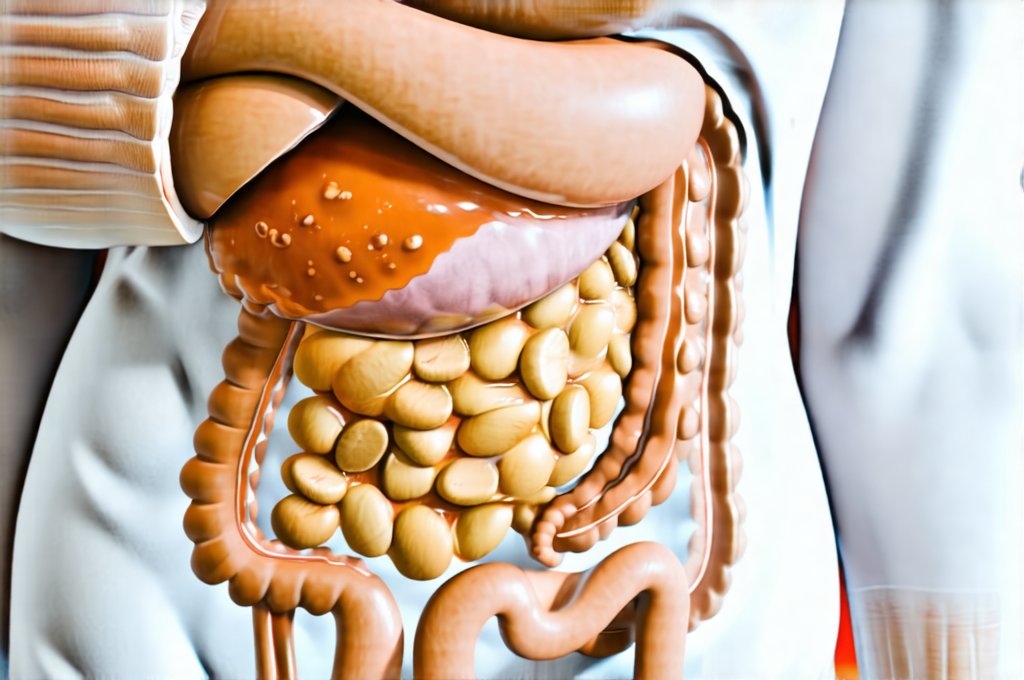Caffeine is arguably one of the most widely consumed psychoactive substances in the world. From the morning coffee ritual to afternoon energy drinks and even hidden sources in chocolate and certain medications, it’s a ubiquitous part of modern life for many people. While often lauded for its ability to enhance alertness and improve cognitive function, the relationship between caffeine consumption and digestive health is complex, and increasingly recognized as significant. Many individuals experience uncomfortable gastrointestinal symptoms after consuming caffeinated beverages or foods, raising the question: can excessive caffeine intake genuinely cause digestive discomfort? Understanding this connection requires exploring how caffeine interacts with the digestive system, individual sensitivities, and what constitutes “excessive” in the first place.
The human body is remarkably adaptable, but it also has limits. What one person can tolerate comfortably might induce significant distress in another. Factors like genetics, existing health conditions (such as Irritable Bowel Syndrome or GERD), medication use, and even stress levels all play a role in determining how caffeine affects an individual’s digestive system. This article will delve into the mechanisms through which caffeine may contribute to digestive issues, the specific symptoms experienced, and strategies for managing potential discomfort related to its intake. It’s important to note that this information is for general knowledge and does not substitute professional medical advice; always consult a healthcare provider if you’re concerned about your digestive health or experiencing persistent symptoms.
Caffeine & The Digestive System: A Complex Relationship
Caffeine doesn’t just impact the brain – it exerts its influence throughout the entire body, including the gastrointestinal (GI) tract. Its primary mechanism of action revolves around stimulating the central nervous system, but this stimulation has knock-on effects on digestive processes. Primarily, caffeine increases gastric acid production. This is why many people find a morning coffee helpful for “waking up” their bowels – it’s literally triggering increased activity within the digestive system. However, excessive acid can irritate the stomach lining and exacerbate conditions like heartburn or acid reflux. Beyond acidity, caffeine also affects gut motility – the speed at which food moves through the digestive tract. It tends to accelerate this process in the upper GI tract but can paradoxically slow it down in the lower portion, leading to constipation for some individuals.
Furthermore, caffeine’s influence extends to the esophageal sphincter – a muscular valve that prevents stomach acid from flowing back up into the esophagus. Caffeine can relax this sphincter, increasing the risk of acid reflux and heartburn. This effect is particularly pronounced in those prone to GERD (Gastroesophageal Reflux Disease). The impact isn’t uniform; some individuals experience heightened sensitivity to caffeine’s effects on gut motility, leading to diarrhea or urgency even with moderate consumption. It’s also important to remember that the form of caffeine intake matters. Coffee itself contains compounds beyond caffeine – like chlorogenic acids – which can independently contribute to digestive upset in sensitive individuals.
The interplay between caffeine and the gut microbiome is an emerging area of research. Studies suggest that high caffeine intake may alter the composition of gut bacteria, potentially leading to dysbiosis (an imbalance in the gut microbiome). While more research is needed, this highlights a potential long-term impact on digestive health beyond immediate symptoms. This alteration can influence inflammation and overall gut function, contributing to chronic digestive issues over time. Understanding how natural sugar impacts the gut can also be helpful in mitigating these effects.
Common Digestive Symptoms Linked To Caffeine
The range of digestive discomfort linked to caffeine intake is broad, varying in severity depending on individual sensitivity and the amount consumed. – Heartburn: The relaxation of the esophageal sphincter, as previously mentioned, frequently leads to heartburn, a burning sensation in the chest caused by acid reflux. – Acid Reflux: This is closely related to heartburn, involving the backflow of stomach acid into the esophagus. – Diarrhea: Caffeine’s stimulatory effect on gut motility can accelerate bowel movements, resulting in diarrhea or loose stools. – Bloating and Gas: Increased gastric activity and potential microbiome disruption can contribute to bloating and gas production. – Stomach Cramps: Irritation of the stomach lining due to increased acidity can cause cramping pain. – Constipation: Paradoxically, while caffeine often speeds up digestion initially, it can slow down movement in the lower GI tract for some, leading to constipation.
It’s crucial to differentiate between occasional digestive discomfort and chronic issues. A single cup of coffee causing mild heartburn might be manageable, but persistent or severe symptoms warrant investigation by a healthcare professional. Individuals with pre-existing conditions like IBS (Irritable Bowel Syndrome) are particularly susceptible to caffeine’s effects and may experience more pronounced symptoms. Moreover, the combination of caffeine with other dietary factors – such as spicy foods or fatty meals – can exacerbate digestive distress. This is because these combinations further stimulate acid production or disrupt gut motility. If you’re experiencing discomfort, consider if dehydration might be a contributing factor.
Identifying Your Caffeine Sensitivity & Managing Intake
Determining your personal tolerance for caffeine is key to minimizing digestive discomfort. A helpful approach involves a period of self-monitoring and gradual reduction, if necessary. 1. Keep a food and symptom diary: Track your caffeine intake (including all sources – coffee, tea, soda, energy drinks, chocolate, medications) alongside any digestive symptoms you experience. Note the timing of both to identify potential correlations. 2. Gradually reduce intake: If you suspect caffeine is contributing to your digestive issues, try reducing your daily consumption in small increments. For example, switch from a large coffee to a medium, or replace one caffeinated beverage with a decaffeinated alternative. 3. Observe the effects: Pay close attention to how your digestive system responds as you reduce intake. Are symptoms improving? If so, continue adjusting until you find a level that doesn’t cause discomfort.
Beyond reducing overall consumption, consider timing and form of intake. Avoid consuming caffeine on an empty stomach, as this can exacerbate acidity. Eating something before or alongside caffeinated beverages can help buffer the effects. Switching to lower-acid coffee varieties (like arabica beans) or opting for tea instead of coffee may also be beneficial. Hydration is vital; drinking plenty of water helps with digestion and can mitigate some caffeine-related side effects. Finally, remember that decaffeinated options still contain small amounts of caffeine, so mindful consumption remains important even when switching to these alternatives. Considering fasting could also help reset your digestive system.
It’s equally essential to address underlying digestive conditions. If you have IBS, GERD, or any other GI disorder, consult with a gastroenterologist to develop a tailored management plan. Caffeine may need to be significantly restricted or avoided altogether as part of that plan. Remember that caffeine is just one piece of the puzzle; dietary modifications, stress management techniques, and potentially medication are all important components of maintaining optimal digestive health. Understanding food additives and their impact can also be beneficial to overall gut health. Furthermore, if you experience ear pain or fullness alongside your reflux, it’s worth exploring how reflux might be connected to these symptoms. Finally, remember that overeating can also contribute to digestive distress.


















